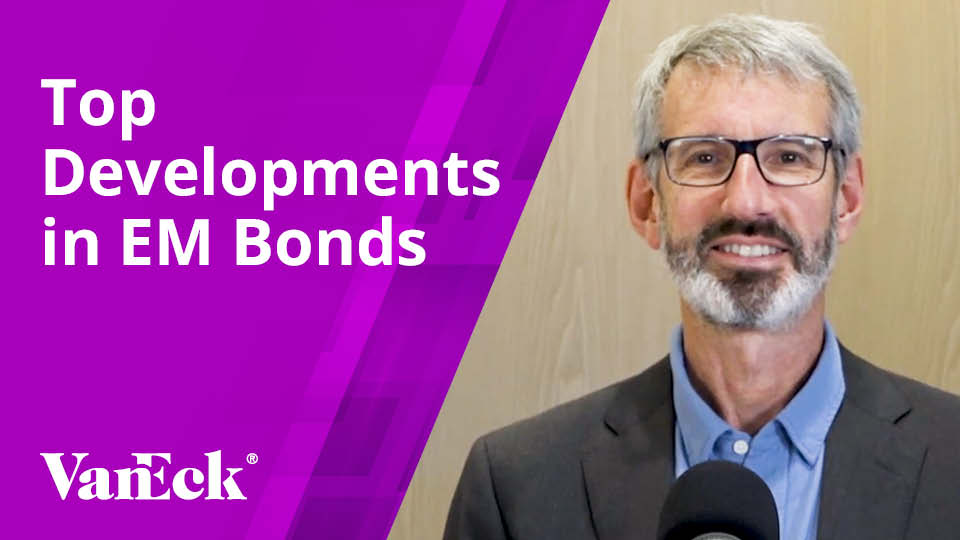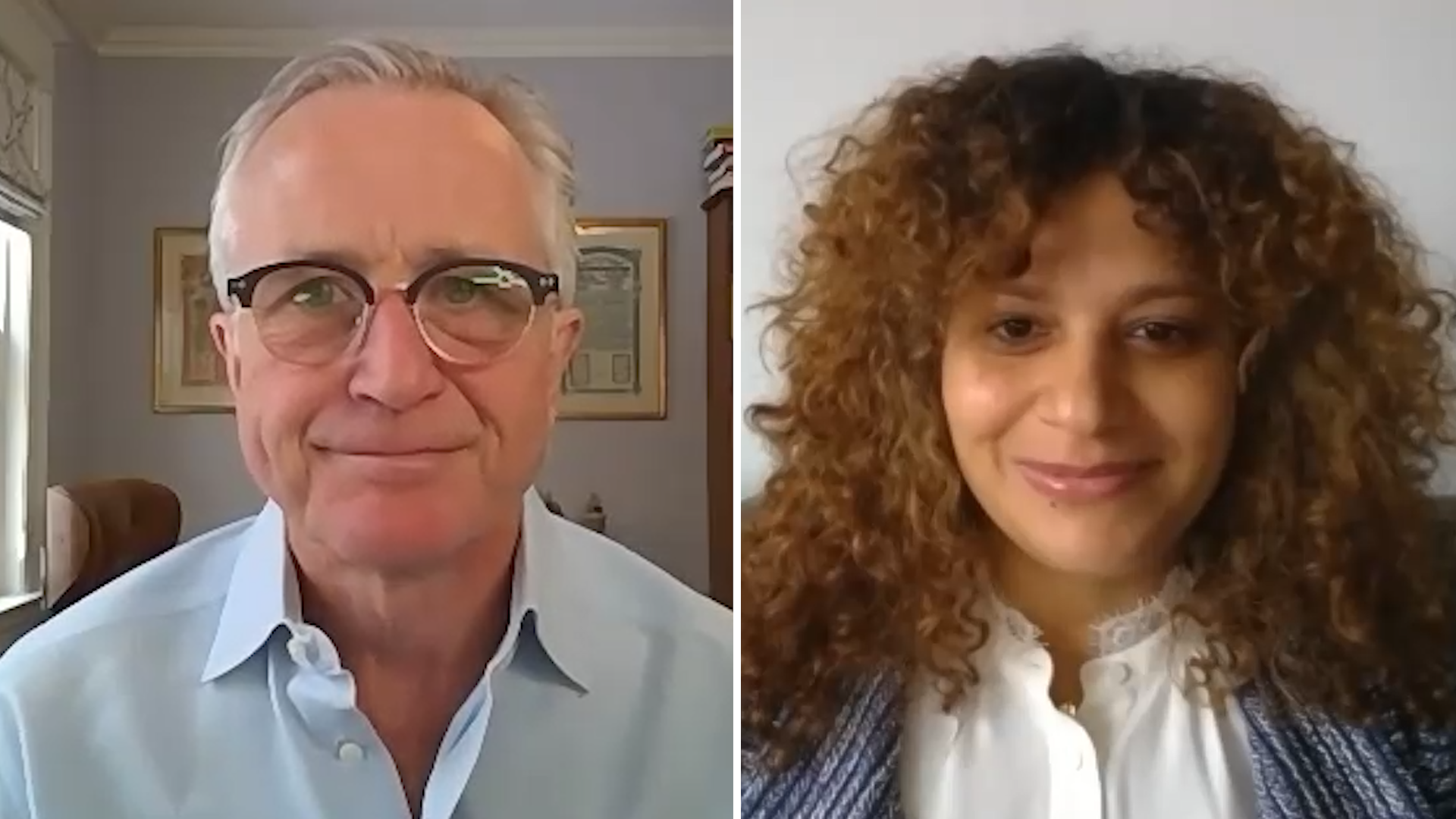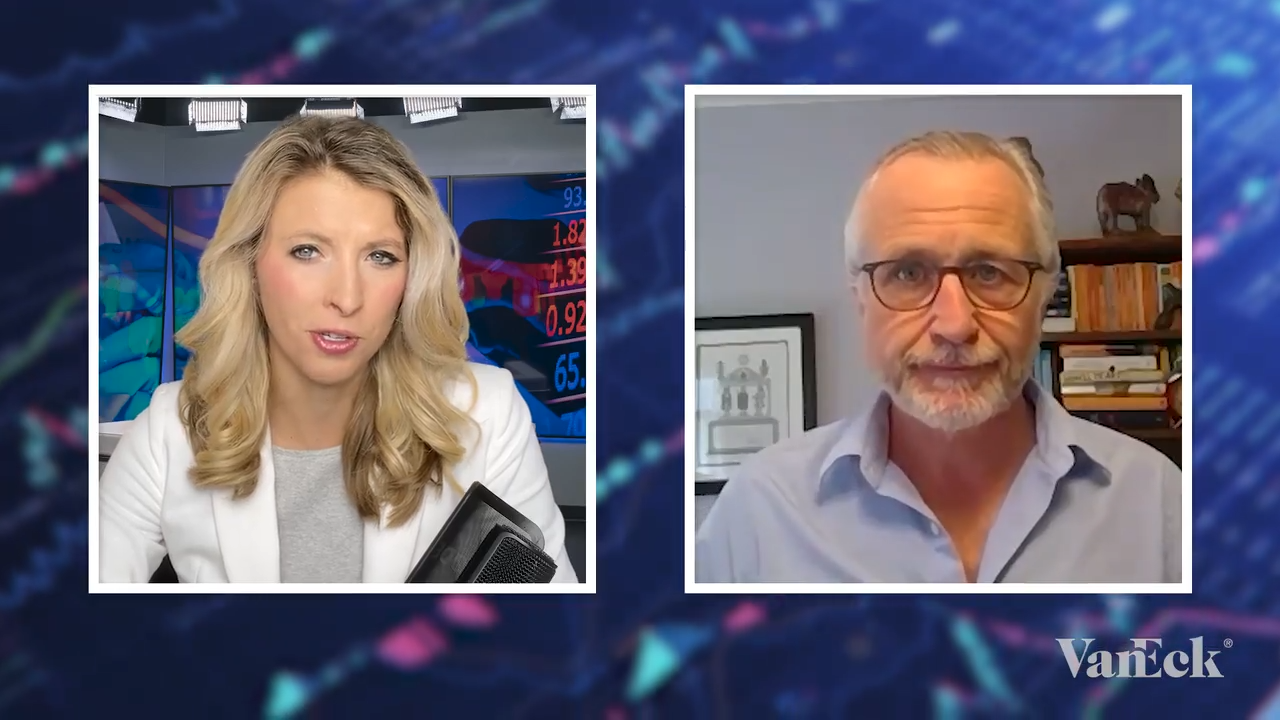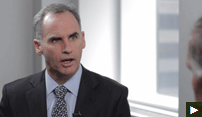Macro and Fundamental Backdrop Signal Strength in Emerging Markets Equity
24 July 2017
Watch Time 7:32
Macro and Fundamental Backdrop Signal Strength in Emerging Markets Equity
TOM BUTCHER: David, the emerging markets equity asset class has been a solid performer this year. What is behind it and do you think it will continue?
DAVID SEMPLE: I think what happened at the end of last year was that there were a number of concerns for the asset class. The commodity complex had done quite well and the big-value cyclicals had done quite well. But there was still an overhang in terms of anticipation of, perhaps, a stronger U.S. dollar (which is generally a negative for the asset class), and higher short-term rates in the U.S. I think that is a misplaced fear because, generally speaking, higher short-end rates are a positive for the asset class because it speaks to better global growth. Then, of course, the change of administration in the U.S. certainly raised some concerns about protectionism and that there was, perhaps, a chance that there would be actual follow-through in terms of the rhetoric that we had seen on the stump. This has quite clearly not been the case. As these fears dissipated somewhat, it was like a fog lifting. And, of course, the positioning was pretty light in emerging markets. So, momentum tends to develop some momentum and that is certainly what has happened for the asset class in terms of the overall fit in global equities.
Emerging Markets’ Vulnerabilities at a Low Level
BUTCHER: The asset class is generally considered to be somewhat risky, at least on a macro level. How have the dynamics changed?
SEMPLE: I think it still is, and can be, considered a somewhat risky asset class. You need to bear in mind, of course, the headlines you read about geopolitics, or whatever. There are different things going on in many different places. So it is a sum of some very different parts. When you look at the actual numbers in terms of vulnerability, things like current account deficits, fiscal deficits, and short-term debt, and you bear in mind that their currencies now are flexible, much more flexible than they were 15-20 years ago, i.e. not pegged to the U.S. dollar - which acts as a kind of “escape valve” for the economies - if you measure those vulnerabilities, we are at very low levels right now. Much lower than during the “taper tantrum” of 2013. Accidents can happen, but the background is much more benign right now for the asset class itself, so the internal dynamics are working quite well.
BUTCHER: We have talked about risk at the macro level. What about at the micro level?
Fundamental Change in the Behavior of Corporates
SEMPLE: Here is where it gets really interesting, Tom, because there has been a fundamental change, I think, in the way that corporates in emerging markets are behaving. I think that what has happened is that, in the past, because emerging markets’ economies were very strong and companies were always looking for the next thing, they were always talking about top-line growth and investing in capex. What we have now and we have had for the last year is a really significant pickup in operating profitability and we have seen a substantial downturn in terms of capex because we do not need as much capex as before. If you have operating profitability picking up and less money going in to capex, that means you have much more free cash flow. Amongst the listed, non-financial, sectors in emerging markets, corporate balance sheets are pretty under-levered. Approximately half of what the leverage ratios are for developed markets. So this free cash flow is going in to under levered balance sheets. I think most of the scenarios of what happens to that cash are positive for equity investors.
BUTCHER: Has this also affected earnings expectations?
SEMPLE: Earnings expectations have been going up anyway, but the key to it is thinking about what happens to that excess cash. You can do M&A, you can do share buy-backs, and you can do extra dividends. Even if capex picks up again, that creates a bit of an economic “halo” in those sectors. But, at the end of the day, I think that it speaks to a valuation re-rating for the asset class, and, in some senses, in shades of what has been happening in the U.S. where companies have given more back to shareholders, I think that is becoming much more the norm in emerging markets. I think that will be positive for equity shareholders.
BUTCHER: So we will perhaps see more share buybacks or dividends?
SEMPLE: I would expect so. The payout ratio should go up. The share buybacks should increase, and, commensurate with that, we should see a valuation uptick.
BUTCHER: Have emerging market equities actually had a history of share buybacks, or is this going to be relatively new?
SEMPLE: They are typically pretty light on those things. One of the issues is ownership in emerging markets. You still have majority shareholders that own a lot of the companies, or state ownership. So sometimes the alignment of what minority shareholders want and majority shareholders want is not quite the same. But as time goes on and capital markets develop and we get bigger domestic institutional investors in many of these markets, I think they will be more responsive to minority shareholders’ concerns and wants.
China to Join the MSCI Emerging Markets Index: an Important Start
BUTCHER: Now China is going to be in the MSCI emerging markets index, albeit at low levels. Do you think this is the right decision? What impact will it have?
SEMPLE: Well, about time, is quite frankly, the answer. It is interesting, though, that China seems to have changed towards inviting foreign participation in its capital markets and pushing off the liberalization of the capital account, which is a much more orthodox way of looking at things. I think that is going to be positive for them. Once they become incorporated into things like global indices, or the MSCI [index] is going to include A shares, and we are going to have a possibility of the bond market being in the indices, I think that will make people take a view on China, in terms of the risk that they have of being underweight, lagging behind their benchmark indices. This is going to be a fundamental change and, of course, once they are in the indices and once people are engaged, it is much easier to increase that engagement, to increase a number of shares, to increase the weighting, and so forth.
BUTCHER: So it is just having a start?
SEMPLE: It is a start. But it is the important start which we can build upon.








